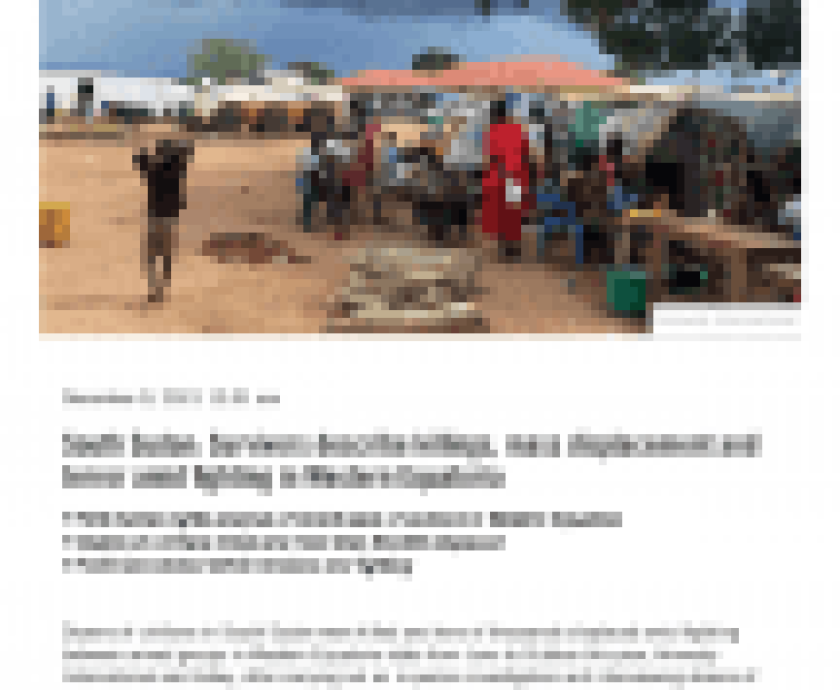Click to expand Image
Spain’s Minister of Equality, Irene Montero, and LGBTI activists celebrate the passage of the “Trans Law” on the steps of the Congress of Deputies, on February 16, 2023.
© 2023 EURPRARC/AP Images
Today, Spain’s parliament passed a comprehensive law to expand protections and entrench rights for lesbian, gay, bisexual, transgender, and intersex (LGBTI) people.
The statute has become known colloquially as the “Trans Law” because provisions that allow for gender recognition based on self-identification through a simple administrative process have provoked heated public debate.
The passage of the law represents a significant milestone for the LGBTI movement, and particularly for the long fight for gender recognition in Spain. Previously, the process for trans people to change their gender marker on identification documents required a medical diagnosis of gender dysphoria, and a two-year period of medical treatment to align the applicant’s physical characteristics to the gender marker they sought. The new law does away with these requirements and is based on a trans person’s self-identification.
The law improves protections for LGBTI people more broadly by expanding access to assisted reproductive techniques; strengthening sexuality education; banning medically unnecessary, “normalizing” surgeries for intersex children before they can consent; enabling parental recognition for unmarried same-sex couples; and introducing measures to combat discrimination against LGBTI people in various sectors, including in healthcare, employment, and housing.
These improvements have at times been drowned out in a heated public debate in Spain, that mainly focused on the gender recognition reforms, leading to increased political conflict, including within the ruling coalition. Some lawmakers balked at the provisions that permit children, from age 12, to obtain legal gender recognition under certain conditions.
While public debate is important, European and international law and standards are clear: transgender people should not be subjected to abusive and disproportionate requirements for legal recognition of gender identity. The new Spanish law upholds these human rights standards.
Human Rights Watch has documented in countries like Bangladesh, El Salvador, Japan, Lebanon, Mexico, and Thailand how the lack of gender recognition can infringe on a host of human rights, such as the rights to employment, education, health, and security. The World Professional Association for Transgender Health (WPATH), an interdisciplinary professional association with more than 700 members worldwide, found that barriers to gender recognition for transgender people, including diagnostic requirements, “may harm physical and mental health.”
A growing number of countries around the world have removed burdensome requirements to legal gender recognition, including medical or psychological evaluation, sterilization, and divorce. Spain now joins countries like Argentina, Belgium, Colombia, Denmark, Ireland, Luxembourg, Malta, Norway, Portugal, and Uruguay that have also have gender recognition procedures that foreground individual autonomy.




